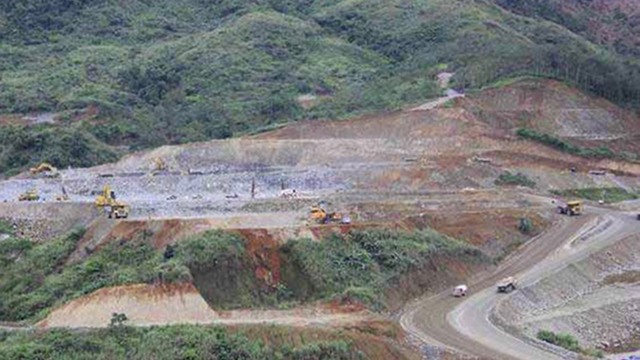SUMMARY
This is AI generated summarization, which may have errors. For context, always refer to the full article.

MANILA, Philippines – Mining companies feel that the Aquino administration does not appreciate the potential of the mining industry and how it can help the economy.
In the Philippine Investment Forum on March 12, Nickel Asia President and Chief Executive Officer Gerard H. Brimo cited the focus on the environmental issues in mining, as well as the taxes that they pay the government, but little attention is paid on the economic benefits of the extractive activity.
Brimo said the industry must continue to dialogue with the government and the civil society. He added that in terms of taxes, the Chamber of Mines is about to release its study on the taxes that mining firms pay the government and this will help disseminate information to the public.
“I think there’s a lack of appreciation on the part of the government of what this industry can do (especially) in terms of helping a developing country. I think on the part of the industry, we need to redouble our efforts to tell our story and its not just with respect to govt but also with respect to civil society,” Brimo said.
Chamber of Mines President Benjamin Philip G. Romualdez said the industry will be submitting the study to the government in a few days in the hope of contributing to any legislation that will be passed on the mining sector.
He said, however, that despite all the issues thrust toward the industry, the potential of mining companies who have existing permits is still significant.
“Clearly, yes, there are opportunities. You have to understand that mining projects are long-gestated. One mining project could (rival) the entire BPO industry, that’s what you have to understand,” Romualdez said.
“The trend is positive. If you look back the industry, at one point, was the best performing in the world. Industry and government work together to come up with a mining law, there were issues, but then in 2004 to 2011, you had a lot of growth investments in mining projects,” he added.
Risks, rewards
The Aquino government wants to rationalize the risks and rewards of the mining sector.
It issued Executive Order No. 79 (EO 79) in July 2012, creating a no-new-mining-contract scheme until Congress passes a new reform law that covers the revenue-sharing scheme between the miner and the government.
Various economic managers have said the goal is toward responsible mining, and the acknowledgement of the environmental costs of the extractive industry.
The negative impact on the economy of the EO 79 was evident in the 3rd quarter of 2012 as mining and quarrying contracted by 2.2%.
This decline was a reversal of the 4.1% growth the industry recorded in the same quarter in 2011, said Jose Ramon Albert, National Statistical Coordination Board (NSCB) secretary general, at the press conference announcing the country’s 3rd quarter gross domestic product (GDP) growth. – Rappler.com
Add a comment
How does this make you feel?
There are no comments yet. Add your comment to start the conversation.